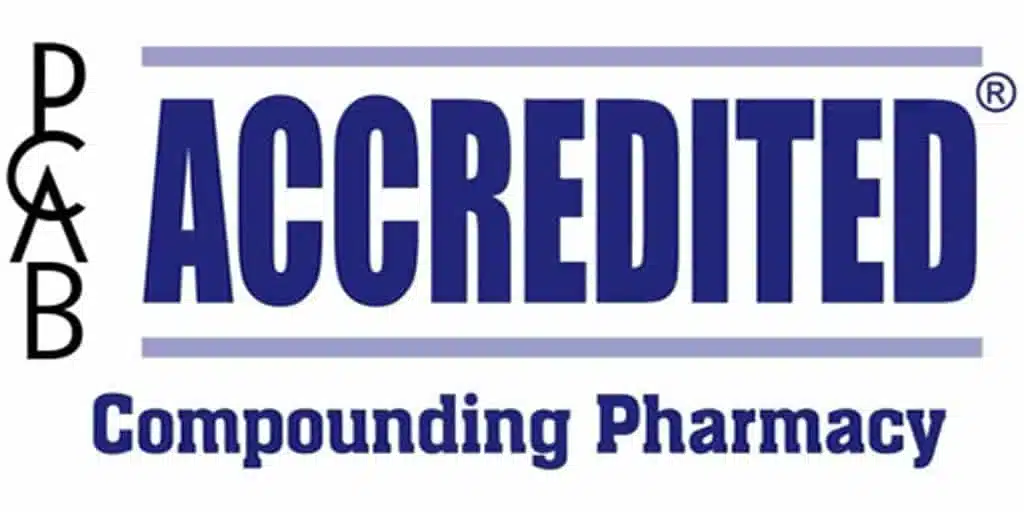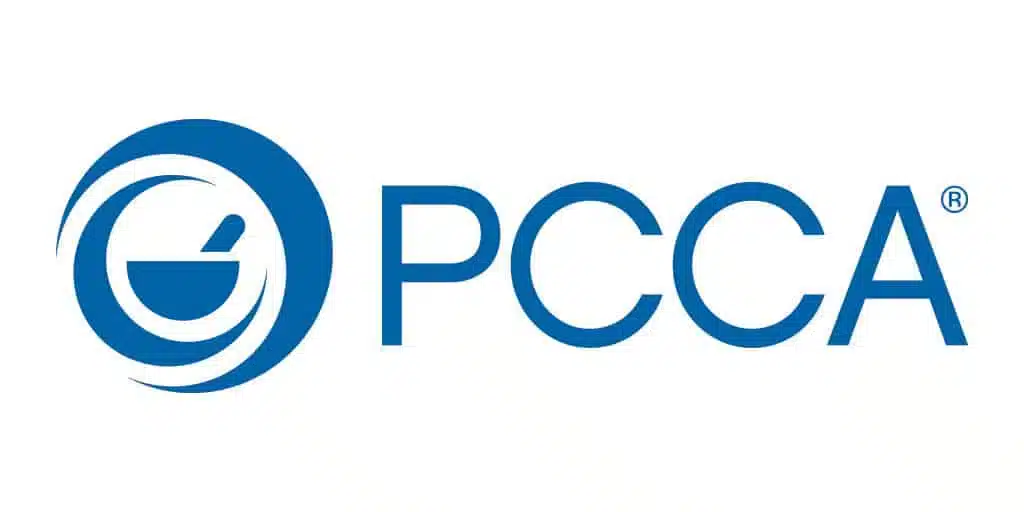“You cannot poison a crucial enzyme, block an important receptor, or interfere with a metabolic function for the long term and expect a good result.” – David Brownstein, M.D.
We do not need to consider issues on whether alternatives or natural therapies work well with prescribed medications. However, we should look at how our medications work, and how our prescriptions affect essential pathways. If you observe the process of action for drugs, you will notice terms such as “inhibitor,” “agonist,” “modifier,” and other comparable words. Descriptions like these would suggest an alteration in the metabolic pathway produced by the drugs within our body.
Once placed within our fundamental metabolic pathways, drugs affect the absorption of nutrients, storage, synthesis, excretion, and metabolism. This is the foundation of Dr. Brownstein’s statement. So, what are the fundamental nutritional and metabolic defects that can transpire in our bodies from extended drug use? When taken for a lengthy period, is there a possibility drugs can potentially create more extreme issues than the original disease for which the prescription was given?
Pharmacists and physicians need to consider the possible nutrient reduction which is associated with long-term administrations of medication. The depletion of nutrients can weaken the patient’s well-being and good health.
We have learned that drug-induced depletion of nutrients occurs over multiple steps. Nutrient depletion can be accompanied by a specific drug, but what are the effects of the intake of various medicines when they are inserted into the body? What will the consequences be of our overall nutrient absorption?
Problems can occur over long periods due to drug-induced nutrient depletion. Once these issues begin to arise, they may not be diagnosed until months following the initial start date of the drug. Unfortunately, the latest issues are diagnosed as a new problem, leading to more prescriptions for the patient.
Drug-induced depletion occurs when we take medications for health issues that block storage, metabolism and block absorption of the vital nutrients in our body. Once nutrients become blocked and or deplete with time, secondary health issues will begin to develop.
Nutrient depletions exist in a majority of well-known drugs. Patients need to review prescribed medication with a pharmacist for information on nutritional supplement replacements when available. Products like “statin” drugs, H2 blockers, PPIs, estrogen, antibiotics, and many other prescription medications should be taken with Q-10, B-vitamins, coenzyme, magnesium, folic acid, probiotics, and vitamin K. These are just a few supplements that are of benefit.
It is essential to inform your pharmacist of all your medications, both on and over the counter. Then your pharmacist can provide you with information on drug-induced nutrient depletions. Several popular medicines used today can cause these drug-induced depletions. What can you do to help this problem? Your pharmacist has the knowledge needed to help you choose the best supplements to balance nutrient depletion and health problems that may occur.
When you sign up for our newsletter, you are guaranteed to never miss out on what’s new at Central Drug again! We will keep you updated on exciting discounts, new products, exclusive events and fresh blog posts.




